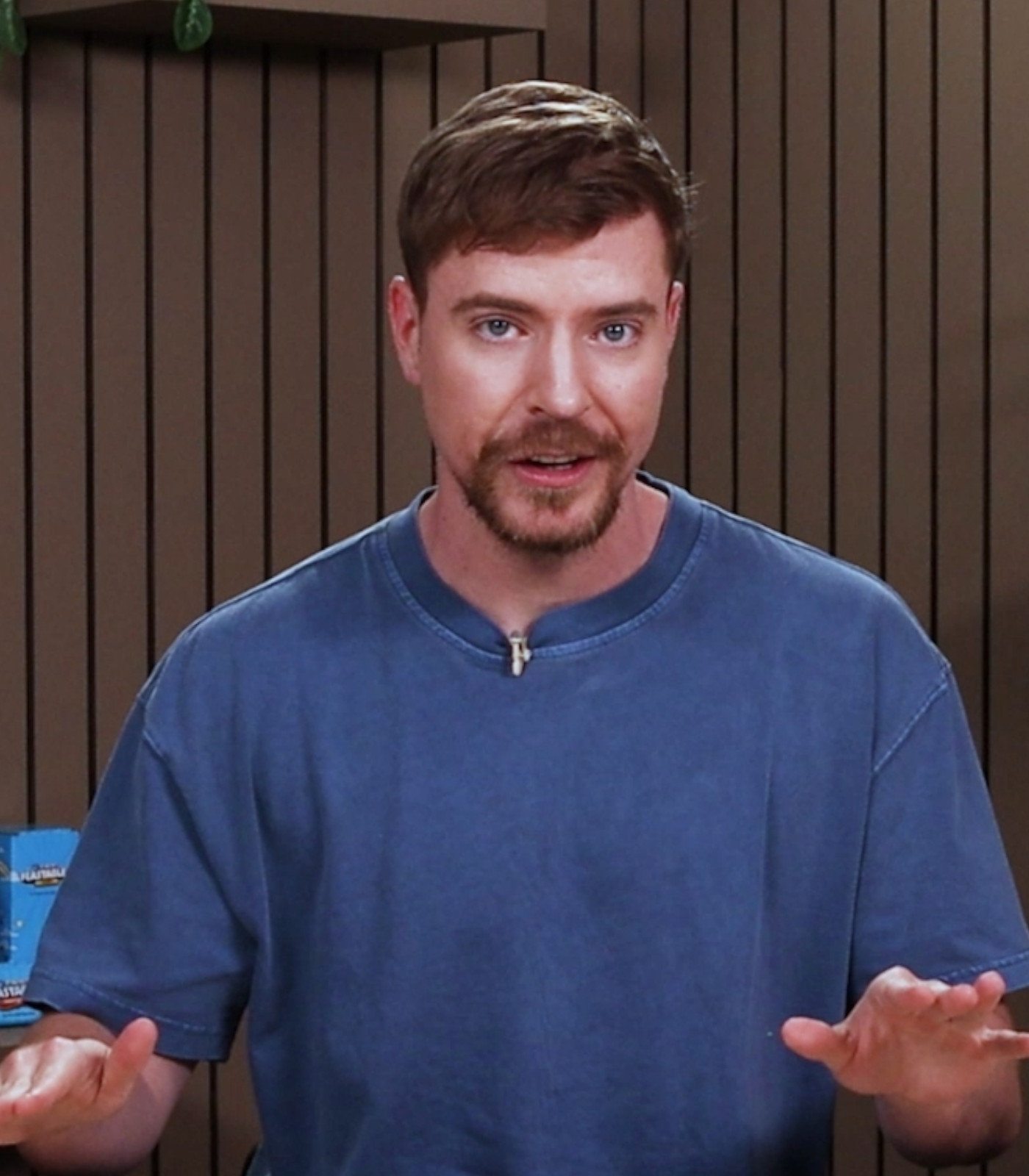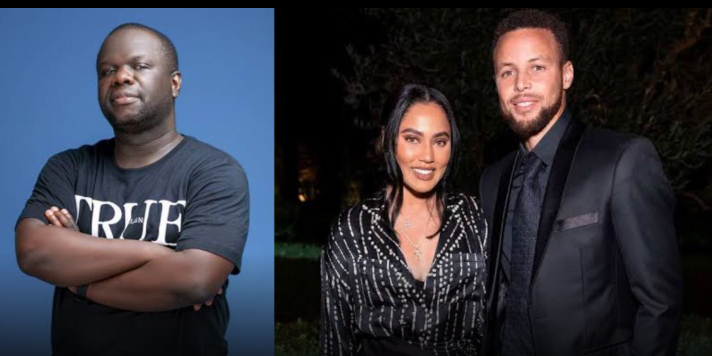
MrBeast Under Fire: YouTubers Slam AI Thumbnail Tool Over Artistic Theft Concerns

The internet's golden boy and philanthropic YouTube megastar MrBeast is no stranger to headlines, but this time, it’s not for giving away millions or breaking another record—it’s for sparking a firestorm of controversy within the creator community. His latest innovation, an AI-powered thumbnail creation tool, has drawn serious backlash from prominent creators who accuse the system of infringing on their artistic identities and livelihoods.
The tool, initially launched as a helpful assistant for YouTubers looking to optimize their video thumbnails, was promoted by MrBeast as a game-changer in the world of online content. The idea was simple: take the guesswork out of thumbnail design and help creators boost their click-through rates with AI-generated suggestions based on successful visual patterns. However, what seemed like a revolutionary product has quickly morphed into a lightning rod for criticism and debate over digital ethics, creative ownership, and the role of AI in artistic expression.
The backlash was swift and loud. YouTube personalities like Jacksepticeye and PointCrow took to social media to voice their displeasure, alleging that the tool scraped their unique branding elements—such as logos, visual styles, and composition techniques—without permission. For many creators, this wasn’t just about a breach of personal aesthetic; it was about trust, consent, and the erosion of an ecosystem that has long relied on individual creativity.
Jacksepticeye, known for his energetic content and vibrant green branding, didn’t mince words when addressing the issue. He expressed frustration over the unauthorized use of his creative assets, calling the move "disrespectful" and warning that it could lead to a wider devaluation of the creative labor that underpins the YouTube economy. “We put time, thought, and money into our branding,” he posted. “AI shouldn’t be allowed to just lift that and remix it without asking.”
PointCrow echoed similar concerns, highlighting the tool’s potential to undermine human artists who specialize in creating thumbnails—a niche but essential profession for many freelancers in the YouTube ecosystem. “There are people who make a living designing thumbnails,” he stated. “If their work is scraped and mimicked without credit or compensation, that’s not innovation—that’s exploitation.”
The controversy touches on broader concerns about generative AI and its impact on creative industries. While AI tools can streamline processes and increase productivity, they also raise serious ethical questions when they rely on data harvested from real people’s work without transparency or consent. In this case, critics argue, the thumbnail tool was built on a foundation of borrowed brilliance, repackaged as convenience.
MrBeast, whose real name is Jimmy Donaldson, responded quickly to the uproar. In a public statement, he acknowledged the concerns raised by his fellow creators and assured them that changes would be made. “I hear you guys loud and clear,” he wrote. “The tool was never meant to copy or use anyone else’s style without permission. We’re updating it so it only works with your own channel’s data moving forward. Thanks for keeping us accountable.”
While the apology was welcomed by some, others remained skeptical. The damage, they argue, may already be done—not only in terms of trust within the creator community but also in setting a precedent for how powerful influencers handle AI-related missteps. Critics say it’s a reminder that even well-intentioned tech initiatives can have unintended consequences when rolled out without proper safeguards.
Beyond the immediate controversy, the situation has sparked a wider debate about the future of AI in content creation. As tools become more advanced and accessible, creators are grappling with the double-edged sword of automation. On one hand, AI can save time and improve efficiency. On the other, it risks diluting the personal touch and originality that audiences have come to value.
Thumbnail artistry, in particular, has become a specialized craft on YouTube. A strong thumbnail can make or break a video’s performance, often determining whether it goes viral or gets buried in the algorithm. For many creators, the process of designing these images is as much an art form as the videos themselves. When an AI tool enters the scene and begins replicating proven formulas—especially without permission—it raises questions about who really owns a style, and whether creativity can truly be automated.
Some supporters of MrBeast have defended the tool, arguing that the backlash is overblown and that AI-assisted content is the inevitable direction of the internet. They contend that if the tool is adjusted to only use personal content for customization, it could still serve as a helpful aid rather than a creative crutch. Others, however, remain wary, suggesting that this episode should serve as a wake-up call for all creators to better understand the technologies they adopt—and the policies surrounding them.
This isn’t the first time AI and art have clashed, and it certainly won’t be the last. From music to digital painting to writing, the question of how much influence AI should have in the creative process is growing more urgent. What this incident with MrBeast’s thumbnail tool illustrates most clearly is that in the race to innovate, transparency and respect for creators must remain paramount.
As of now, the tool is undergoing a redesign, with MrBeast and his team reportedly consulting more closely with the community before relaunching it. Whether this will be enough to restore faith remains to be seen. In the fast-paced world of online content, reputations can be as fleeting as viral trends. But if there's one thing this saga makes clear, it’s that the lines between inspiration, imitation, and infringement are getting blurrier by the day—and creators are demanding clarity before their work becomes just another line of code in someone else’s algorithm.


